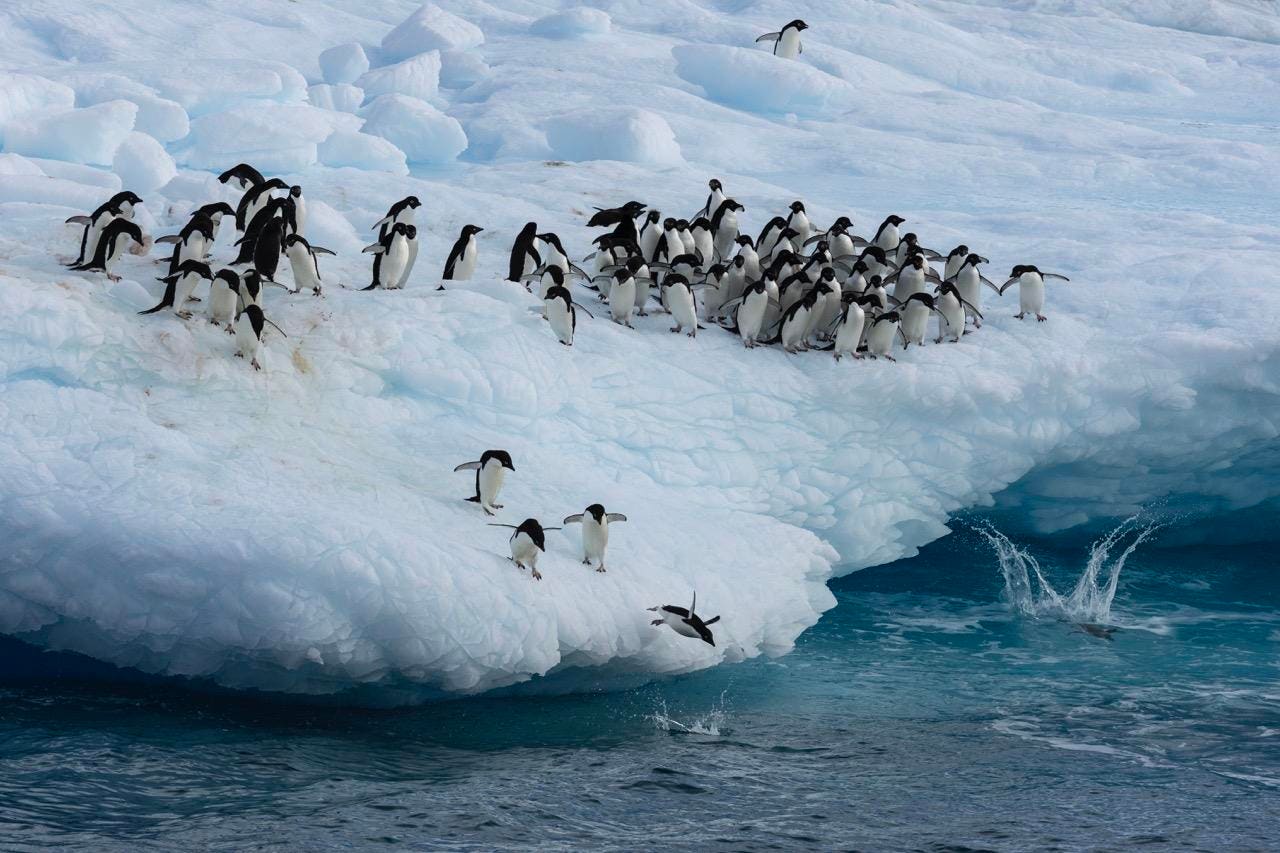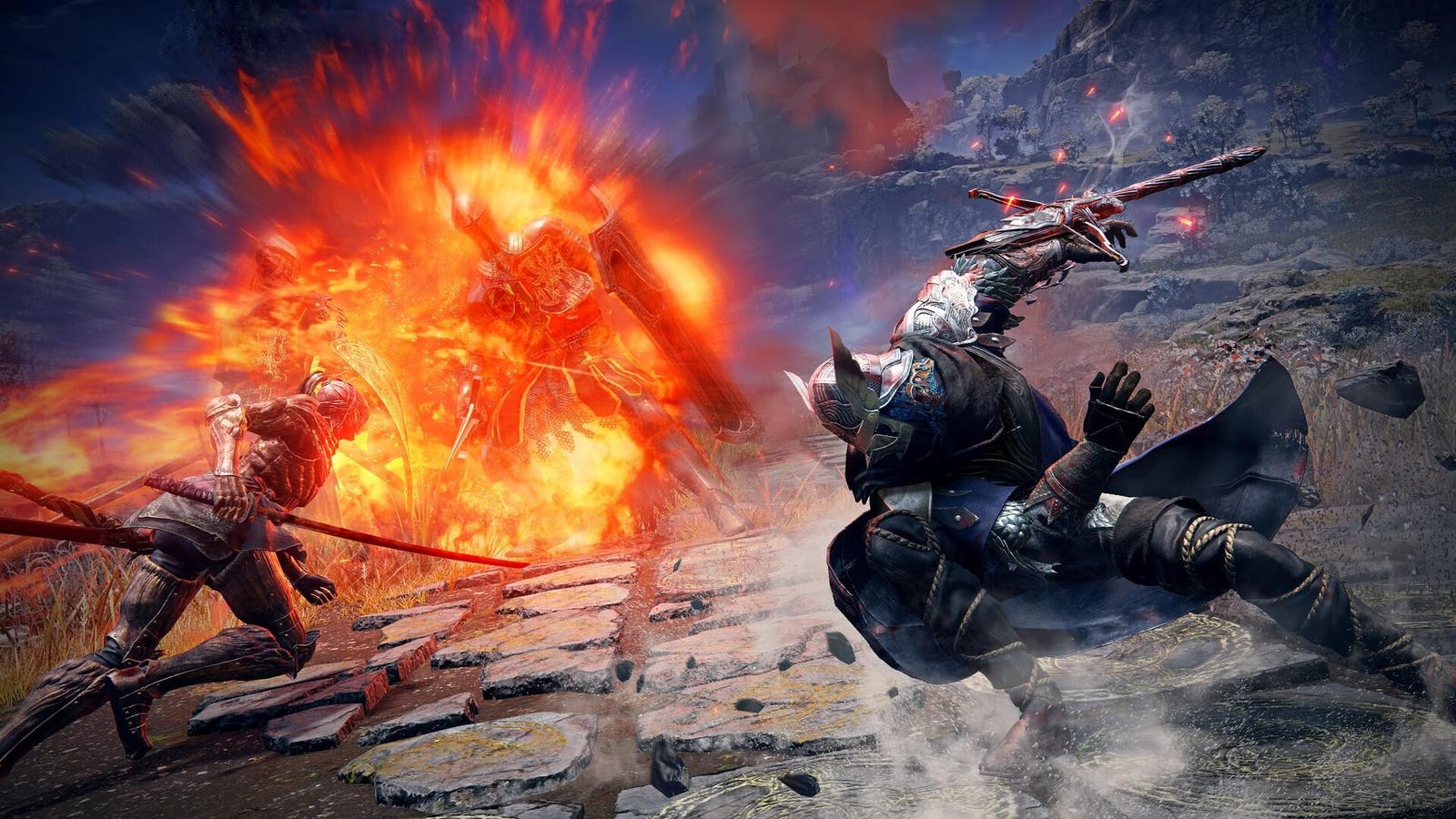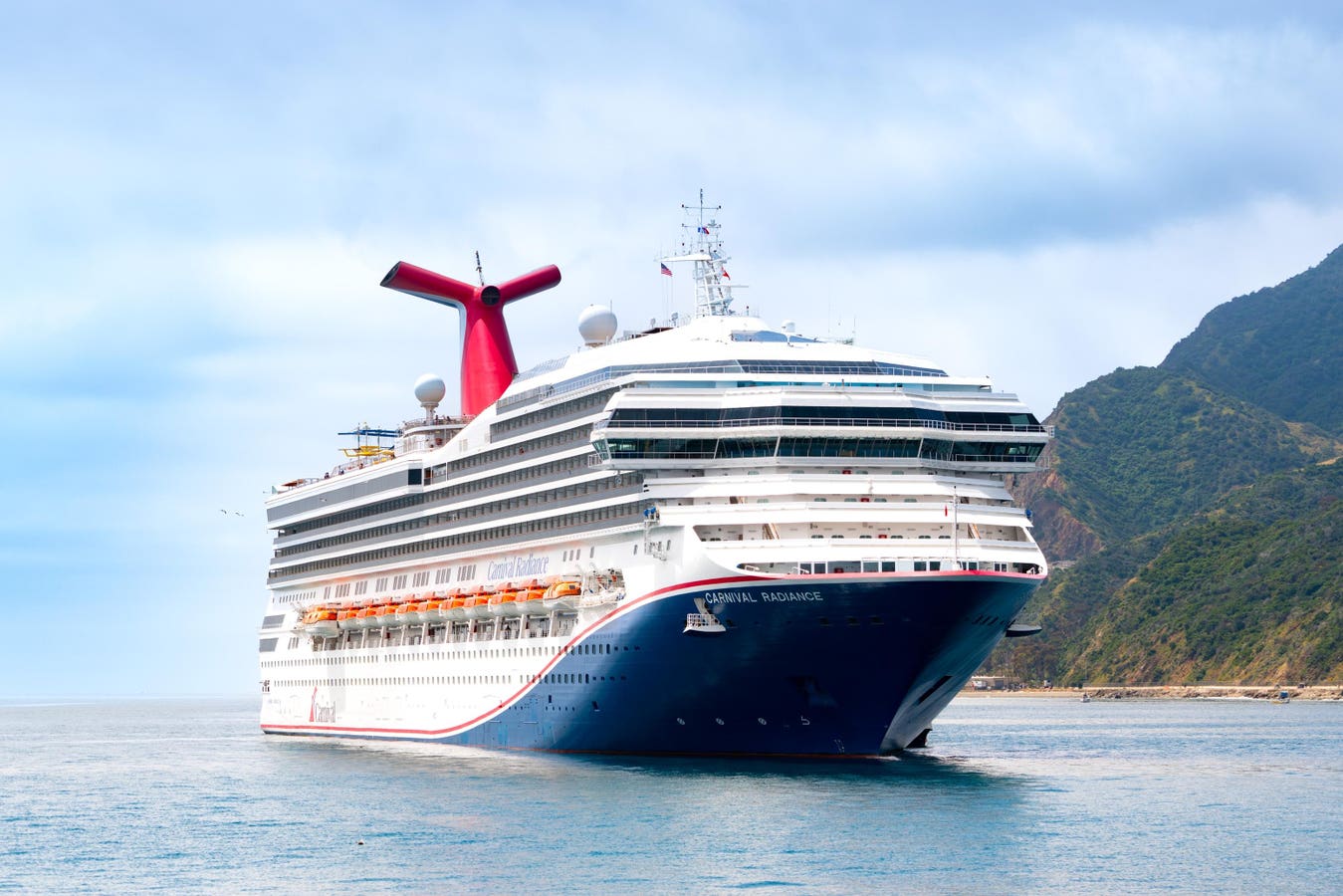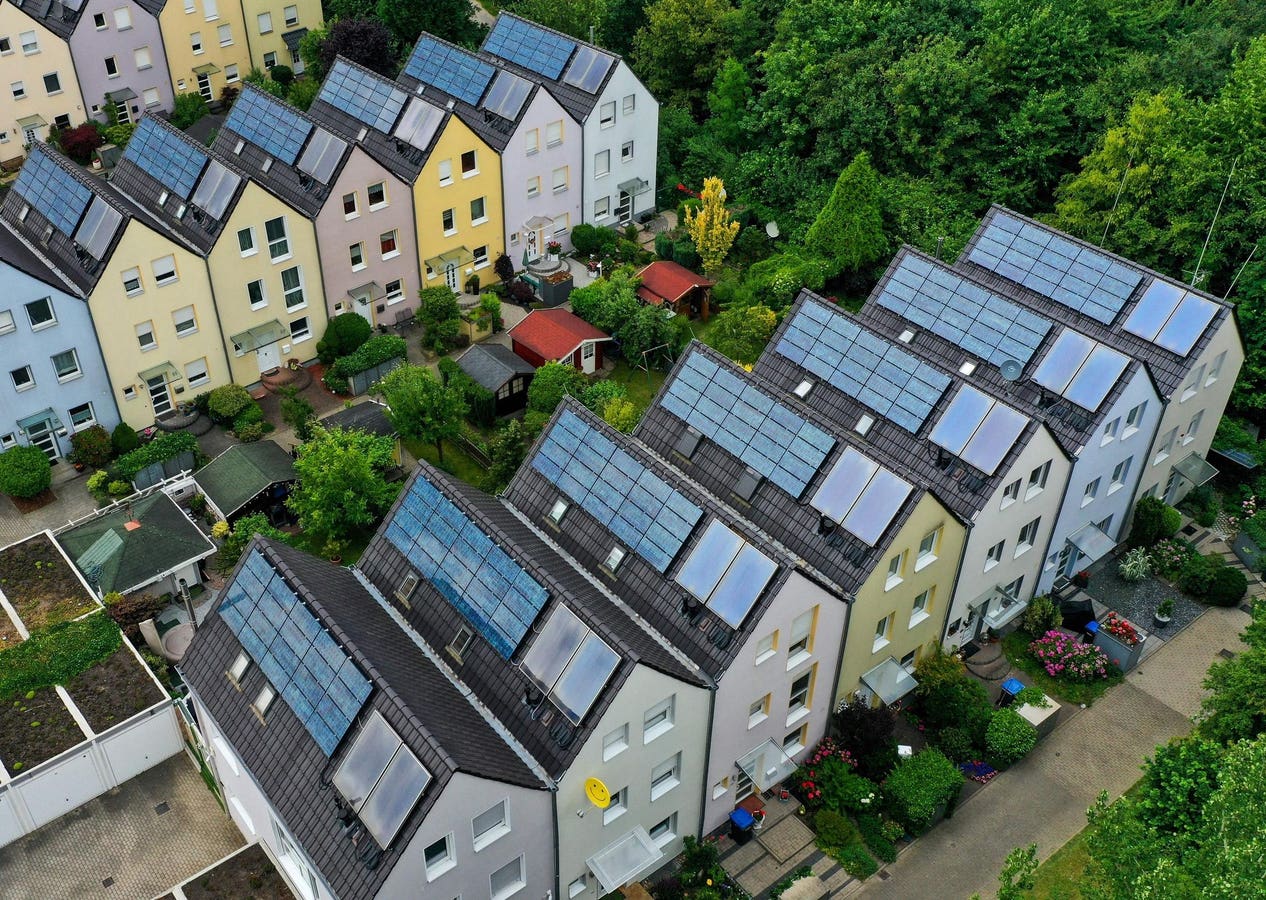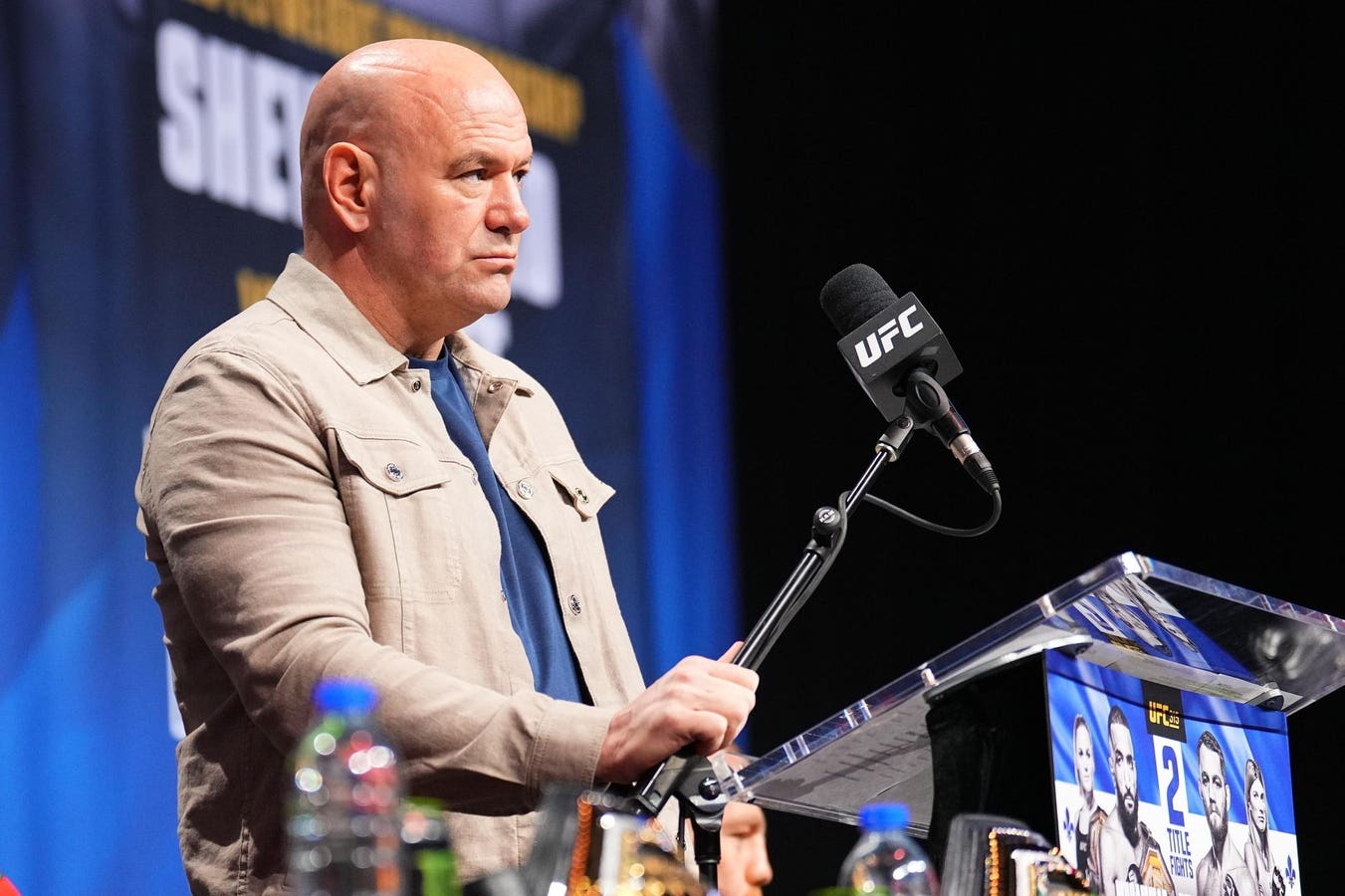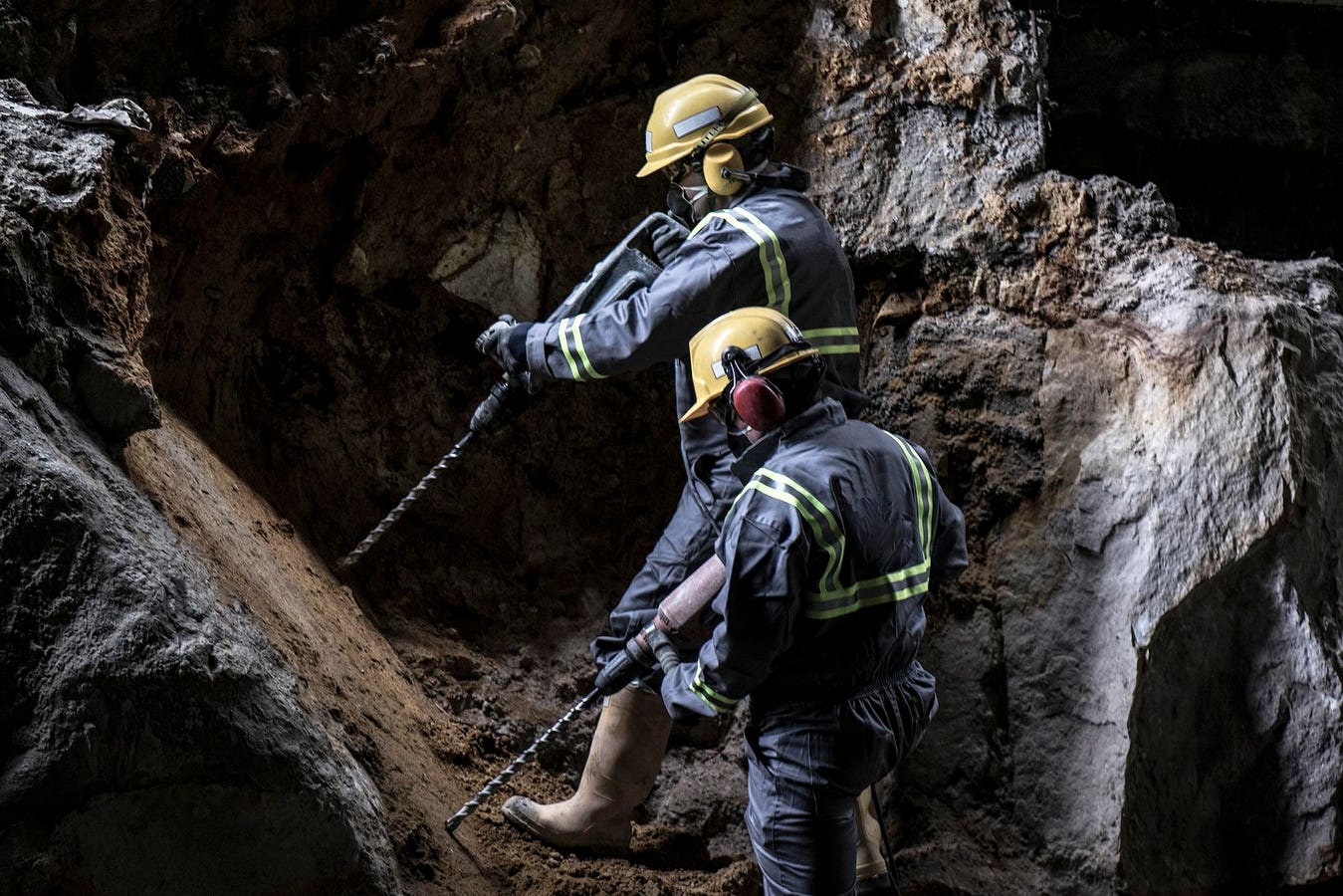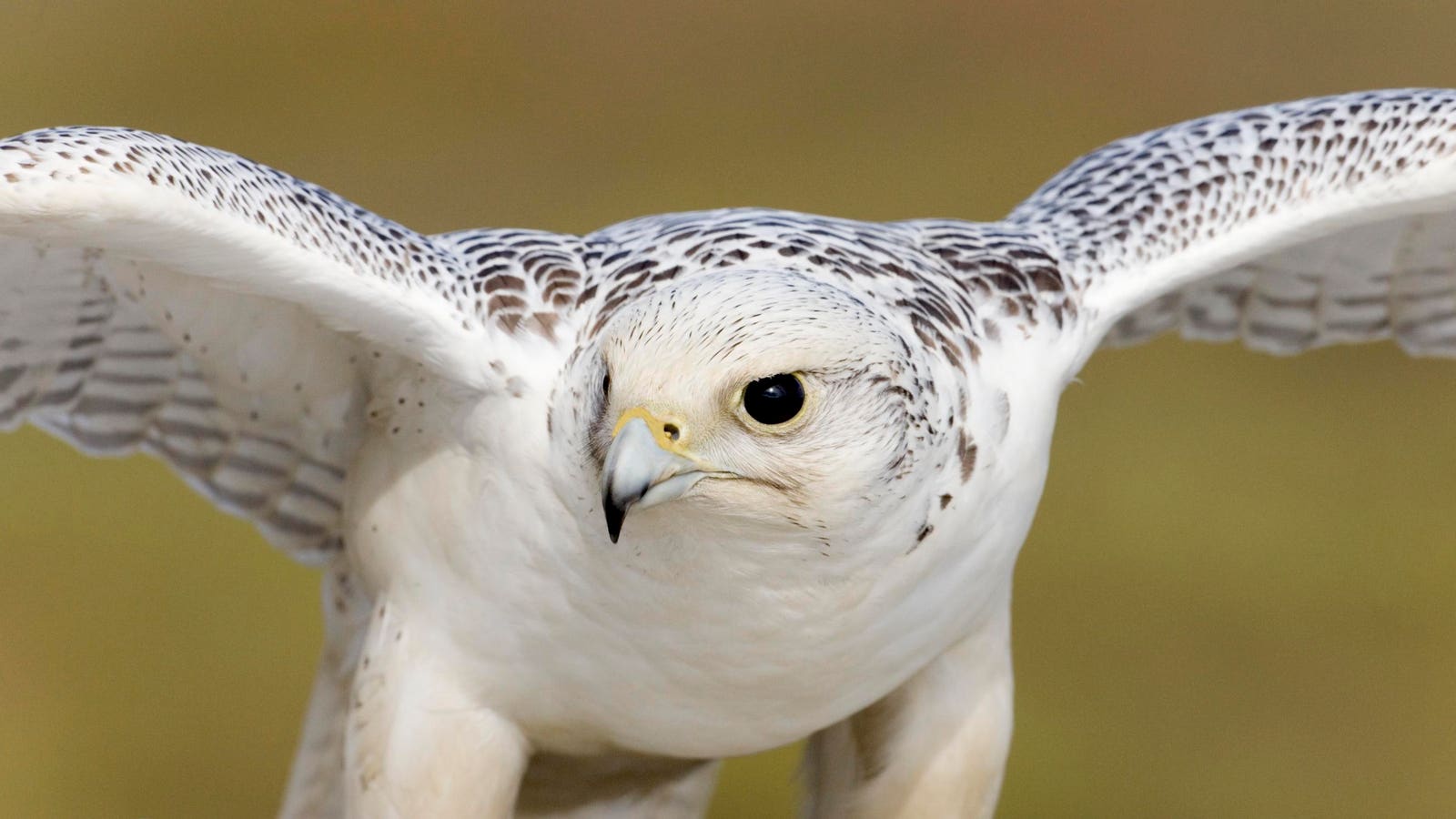Penguins jumping into the Wedell Sea Antarctica
In April, I reported on the fight for Antarctica and the urgent mission to “save” Antarctica’s Thwaites Glacier—known as the “Doomsday Glacier” – whose collapse could trigger catastrophic sea level rise. Since then, scientific data have only confirmed the continent’s rapid transformation: Antarctic sea ice has plunged to record lows since 2023, thanks to rising salinity in surface waters. This is a stark reminder that nature is outpacing predictions.
As destructive geoengineering plans gain media attention, the Antarctic and Southern Ocean Coalition (ASOC), recipient of this year’s €1M Calouste Gulbenkian Prize for Humanity, serves as a vital compass. Their decades-long work demonstrates that science-informed policy, emissions reductions, and international cooperation—rather than radical quick fixes—offer the most effective path forward. “The Antarctic region is a unique and fragile ecosystem,” said Prize Jury Chair Dr. Angela Merkel. “It requires an extraordinary level of international cooperation to protect and preserve this precious resource.”
Rapid Change in a Fragile Frontier
Satellite monitoring and firsthand reports reveal startling changes. Dr. Eunhee Kim, ASOC marine scientist, described seeing snow cover vanish week by week during her fieldwork. “The Antarctic is not cold anymore… It was a lot greener than I had previously thought.”
Wedell Sea 2025 Antarctica
The Southern Ocean alone absorbs roughly 75 % of human-caused excess heat, yet rising sea surface salinity accelerates ice melt and alters circulation. This is the tipping of a key climatic indicator. Further complicating the fragile state of the southern ocean is mounting interest in geoengineering. Some of the concepts include underwater barriers to protect glaciers, aerosol masks to cool the ice, science-based advocates like ASOC remain wary. “Geoengineering is a mechanism to make profits on the premise of a false solution to a problem people caused,” warned Roura. Dr. Kim echoed the concern, urging urgent action grounded in science, “We need to hurry. Otherwise, it could be too late.”
Since 1978, ASOC has led advocacy within the Antarctic Treaty System. The group has secured environmental protections like the 1991 Protocol and ecosystem-based fisheries management. The coalition remains the only NGO with official observer status. “Before, it was people going to the Antarctic. Now it’s the Antarctic coming to us…in the geopolitical sense, but also the climate change sense,” said Dr. Ricardo Roura, ASOC Senior Advisor. Claire Christian, ASOC Executive Director, accepted the Prize on behalf of the coalition, emphasizing that “these regions may seem distant, but they are central to the planet’s health and future.”
Krill: The Antarctic’s “Canaries”
The fight for Antarctica includes looking at krill. They sit at the foundation of marine ecosystems, yet are facing pressure from warming seas and diminishing sea ice, conditions worsened by commercial fishing. Kim warned,
“Krill collapse would trigger a domino effect… all species depending on krill will be hugely impacted.” Advocating for tighter controls on krill fishing as well as the expansion of Marine Protected Areas in the Southern Ocean are high priorities for ASOC, despite challenges from the global body politic.
Despite Antarctica’s pivotal climate role, its treaty framework remains largely siloed from UN climate bodies. There is no direct pathway connecting Antarctic research to global decision-making. “There’s no direct path from the Antarctic Treaty System to those negotiations,” Roura said. “Science is fed through national delegations—but there’s no direct pipeline.” As 2025 unfolds as the International Year of Glaciers’ Preservation, advocates are urging deeper integration of Antarctic science into global climate policy.
The Bottom Line
Antarctica isn’t a distant footnote; it’s a linchpin of Earth’s climate. As Jeff Steig explains, even weather patterns in West Antarctica are sensitive to greenhouse gas levels. High-tech fixes may grab headlines. But ASOC’s work shows the fight for Antarctica must include steady science, strong governance, and emissions mitigation. The prize’s announcement from Lisbon served as a clarion call: “Their work reminds us why protecting remote places is essential to safeguarding our shared future,” said António Feijó of the Calouste Gulbenkian Foundation. Saving Thwaites and plummeting Antarctic ice starts not with robotics or geoengineering, but with the steadfast commitment to follow the science and cut emissions at the source.

